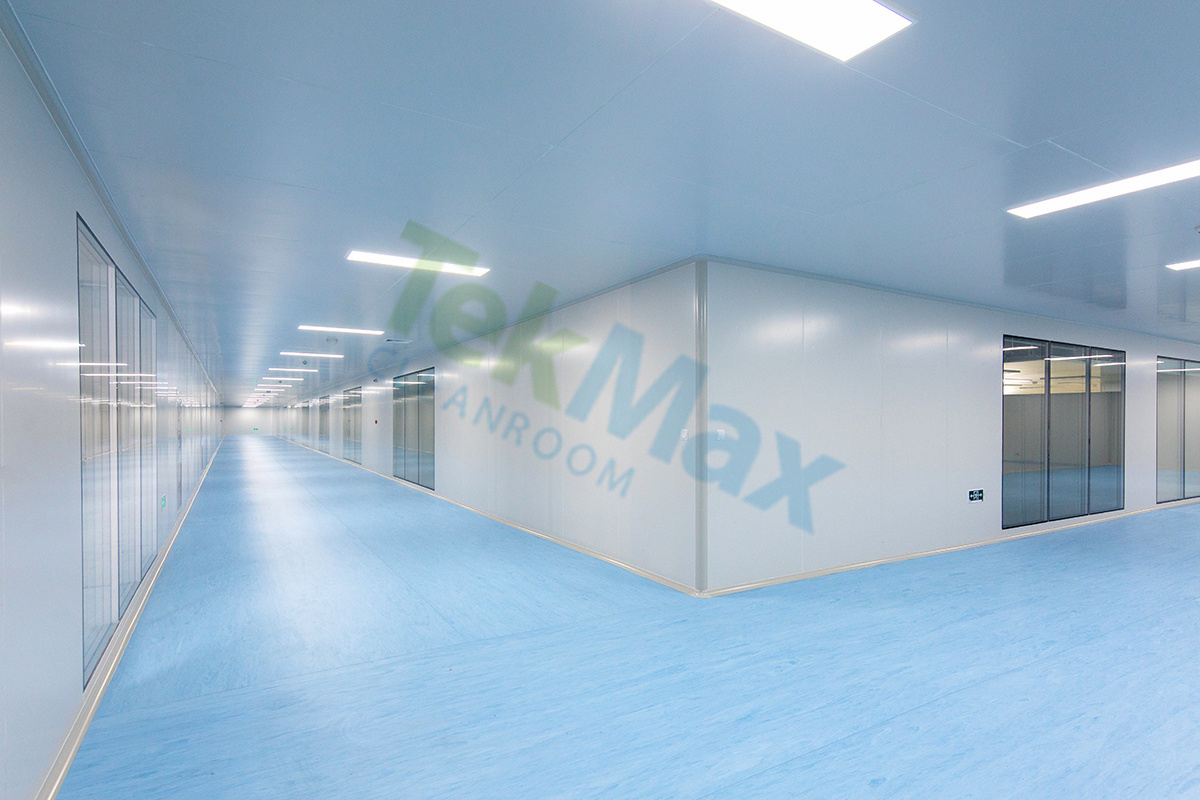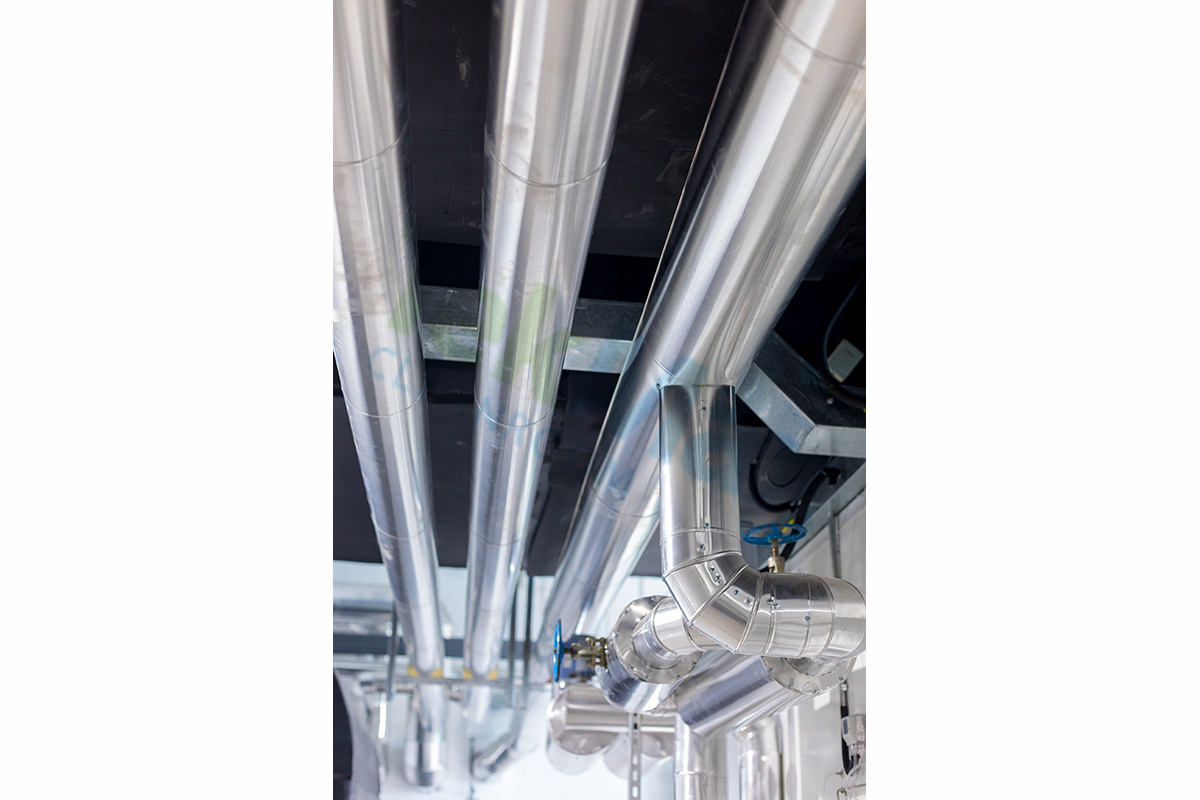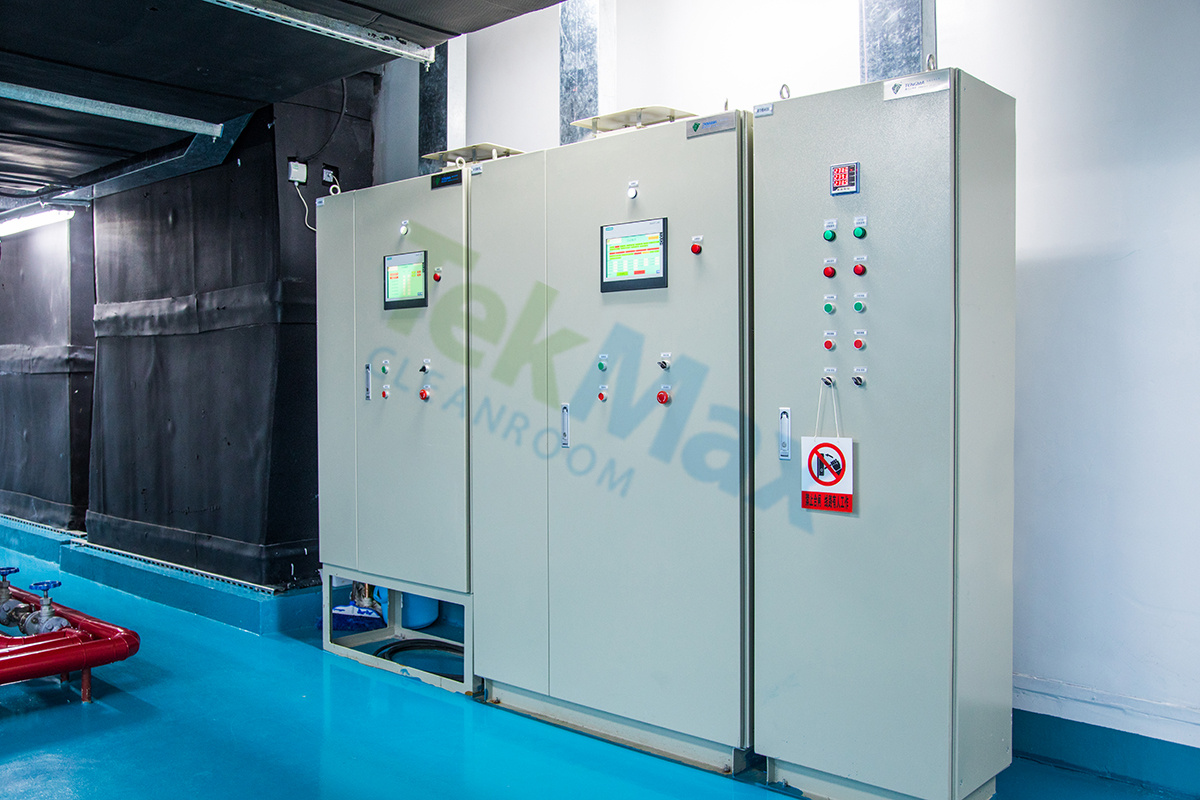OEM China Round Corner Clean Room Window - Mechanical interlocking pass window – TekMax
OEM China Round Corner Clean Room Window - Mechanical interlocking pass window – TekMax Detail:
The transfer window is a device that is set at the entrance and exit of a clean room or between rooms with different cleanliness levels to block indoor and outdoor air flow when transferring goods to prevent polluted air from entering a cleaner area and causing cross-contamination. The air shower type transfer window blows a high-speed, clean air flow from the top when materials are transferred to blow off the dust particles on the surface of the goods. At this time, the doors on both sides can be opened or closed, and the clean air flow acts as an air lock to ensure that the clean room is outside. The air will not affect the cleanliness of the room. Special sealing strips are installed on the inner sides of the doors on both sides of the transfer window to ensure the air tightness of the transfer window.
Mechanical interlocking device: The internal interlocking is realized in a mechanical form. When one door is opened, the other door cannot be opened, and the other door must be closed before the other door can be opened.
How to use the transfer window:
(1) When materials enter and exit the clean area, they must be strictly separated from the flow of people, and enter and exit through the special channel for materials in the production workshop.
(2) When the materials enter, the raw and auxiliary materials will be unpacked or cleaned by the person in charge of the preparation process, and then sent to the workshop raw and auxiliary material temporary storage room through the transfer window; the inner packaging materials will be removed from the external temporary storage room after the outer packaging , Sent to the inner compartment through the delivery window. The workshop integrator and the person in charge of the preparation and inner packaging processes handle the handover of materials.
(3) When passing through the pass-through window, the “one open and one closed” requirement for the inner and outer doors of the pass-through window must be strictly implemented, and the two doors cannot be opened at the same time. Open the outer door to put the material in and close the door first, then open the inner door to take the material out, close the door, and so on.
(4) When the materials in the clean area are sent out, the materials should be transported to the relevant material intermediate station first, and the materials should be removed from the clean area according to the reverse procedure when the materials enter.
(5) All semi-finished products are transported from the clean area to the outer temporary storage room through the transfer window, and then transferred to the outer packaging room through the logistics channel.
(6) Materials and wastes that are highly likely to cause pollution should be transported to non-clean areas from their dedicated transfer windows.
(7) After the material entering and exiting, clean up the cleaning room or intermediate station site and the hygiene of the transfer window in time, close the internal and external passage doors of the transfer window, and do a good job of cleaning and disinfection.
Product detail pictures:

Related Product Guide:
We also supply merchandise sourcing and flight consolidation companies. We now have our very own manufacturing facility and sourcing business. We could present you with almost every kind of product relevant to our solution array for OEM China Round Corner Clean Room Window - Mechanical interlocking pass window – TekMax , The product will supply to all over the world, such as: Lesotho, South Africa, Swedish, They are sturdy modeling and promoting effectively all over the world. Never ever disappearing major functions within a quick time, it's a have to in your case of fantastic good quality. Guided by the principle of "Prudence, Efficiency, Union and Innovation. the corporation. ake an excellent efforts to expand its international trade, raise its organization. rofit and raise its export scale. We have been confident that we've been going to have a bright prospect and to be distributed all over the world in the years to come.
This manufacturers not only respected our choice and requirements, but also gave us a lot of good suggestions, ultimately, we successfully completed the procurement tasks.






